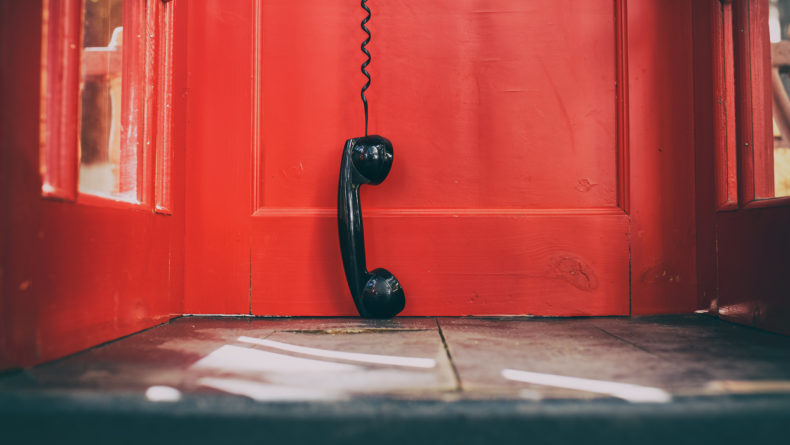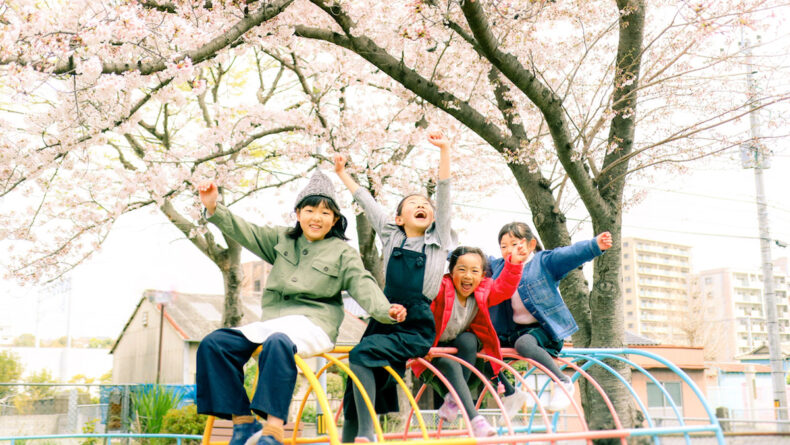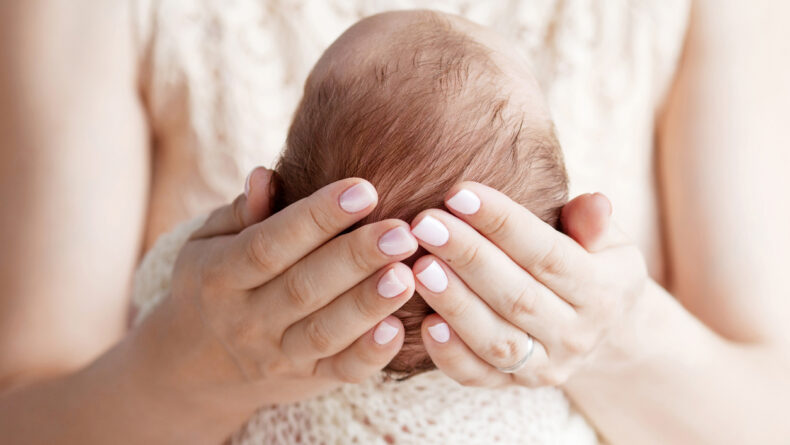Confessions & Confusions: Raising Dual Culture Children
Battling The Cultural Gaps
“Confessions & Confusions” is Melodie Cook’s monthly advice column on alternative parenting in Japan. Here, she answers questions from potential adoptive or foster parents, those who have already been through the system or any parents who just need to let off some steam. Got a question? Leave a comment or send us an email at editorial@gplusmedia.com.
This month we are tackling a question from a Canadian resident in Japan on a topic that many intercultural parents struggle with: “How did you deal with raising your children in a Western way while actually bringing them up in a Japanese environment? Did you want them influenced by your own culture or not?”
Actually, I don’t know if I’m trying to raise my kids in a “Western” way. Well, not consciously, anyway — I just do things my way and if that’s the Western style, so be it. My husband does things his way, which I guess is the “Japanese” way. Sometimes we have different ideas about what to do with the kids in certain situations, but I think all parents come up against that. I would hope for more for my daughter than to be an office flower, and also for my son to feel free to not be a salaryman. I don’t want to pressure either of my children to go to a brand-name college and I hope, like any parents, that they will find their happiness in the future.
I would hope for more for my daughter than to be an office flower, and also for my son to feel free to not be a salaryman.
The Language Issue
Let’s remember that our son came to us at the age of 3 going on 4 and our daughter at 12. Both came with personalities intact and both identify as Japanese. Because we started taking my son to Canada every summer right from the get-go when his brain was still pretty malleable, his passive knowledge of English shot up like a rocket and after a month there, upon returning to Japan, I was able to communicate with him in English (although he answers me in Japanese). Once, when I couldn’t remember how to say an English word in Japanese and was asking my husband, my son answered. I think he was 5 or 6 at the time. His English level is nowhere near kids of his age in Canada and I don’t expect it to be. However, we have done some work on phonics and he can read children’s graded readers, for which he is rewarded extra screen time.
My daughter is another matter. Although she went to an English day care at the Catholic orphanage she lived in (and likely has some English stored in some far reaches of her brain) it is slow to come up, even though we’ve been together for almost a year. I have to speak to her in my very-less-than-perfect Japanese and she often corrects me (which is fine). I wish her English was better so that I could talk to her more, but after 20 years of living here, I also wish that my own Japanese was better, too.
A Cultural Chameleon
I’m Jewish, so although I give the kids Christmas presents because Christmas is a secular holiday here, I won’t go so far as buying a tree, decorating the house or even ordering a turkey and attempting to roast it. We do celebrate Chanukah (complete with latkes) and I give the kids gifts for that, although my husband thinks I spend too much money on them. I also enjoy celebrating Japanese holidays, although my husband thinks the kids are too old for them. For setsubun, I wore the mask as the “kiss devil,” knowing full well that my kids hate being kissed and they eagerly (and rather savagely) threw peanuts at me. Sometimes, when I want to hug and kiss them, they’ll not-so-gently remind me that they are Japanese and we are in Japan so I should just cut it out. I entertain the notion that they secretly enjoy the affection, so refuse to be daunted.
Food Is a Universal Language
I can cook both Japanese and Western food, but my kids definitely prefer lasagna and garlic bread to grilled fish. My son enjoys eating Canadian food more than my daughter does and he is a very happy camper while in Canada. Although my husband cooks primarily Japanese meals, he is not beyond picking up something deep-fried at the grocery store to supplement the miso soup and rice. Both my husband and I have tried to make bento for my daughter but they don’t look nice, so as long as we make the dishes, she’ll arrange them attractively. In summary: we’re a mixed bag.
Roles of Females and Males
I think maybe the most important way I’m influencing my children in a “Western” way is by living the reverse of traditional roles for females and males in Japan. I’m the main breadwinner at home; my husband works part-time and does the bulk of the cooking, cleaning, and childcare. He goes to PTA meetings, takes the kids to their sports practices, medical appointments and other important activities. I often travel for work presenting at conferences both in and out of Japan. They live in this environment and I believe they learn that there is another side of the coin: wherever we happen to live.
They can pick and choose from both cultures as they like.
My Own Parental Dilemma
I do feel a sense of guilt at times that I am not enough of a mother to my kids, especially the kind of Japanese mother who makes artistic bento, keeps a spotless house, wakes before the family and goes to sleep after every else (does she really exist?).
So, in answer to this month’s question, I am not consciously trying to raise my children in a Western way. I respect their Japanese roots and it’s everyone’s fate that we ended up together. Basically, I look at it like this: they can pick and choose from both cultures as they like. I told my son that knowing English is his superpower. Should either of the kids wish to study abroad and better their English, we’ll make it happen. If they don’t want to do that, fine. If they had come to us at younger ages, my influence would have likely been stronger and they’d likely both be bilingual and bicultural, but then, I have friends whose mixed-race birth children rejected their foreign side, so time only knows what will happen.
What do you reckon: are you struck by the dilemma of whether to raise your children in a Western or Japanese style? Share your experience in the comments!
















Leave a Reply